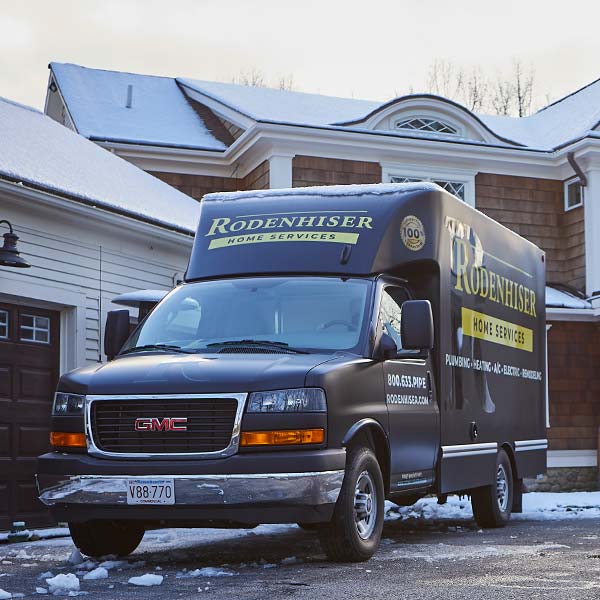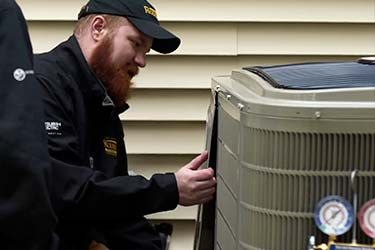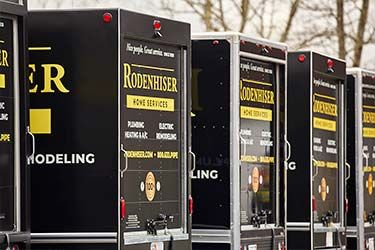



Living in Massachusetts brings with it special concerns for the Atlantic storm season, and every year you should give thought to preparedness. Along with having emergency supplies on hand, you should also think about installing a standby generator.

If your power is out for hours or even days, it can make your home impossible to live in. While you may think that a portable generator will solve the problem, it provides less than satisfactory recourse. For reliable power when you need it, consider the more permanent solution.
Why you need a standby generator
When the power goes out for days in your home, you can lose all the perishable foods you have in your refrigerator as well as temperature-sensitive medications. In addition, even for those in good health, the lack of conditioned air and warm water can make living in the home unhealthy. For those who depend on electrically powered humidifiers or ventilators, the situation is even more serious. Having a standby generator will eliminate these problems, while also allowing you to stay in your home.
Standby generators versus portable
Standby generators use either propane or natural gas as fuel. They are connected to your home's fuel source by a permanent line. Portable generators have to be rolled out and set up by the owner, and also have to be refueled every few hours. Connected directly to your home's electrical system, a standby generator doesn't need to be refueled and will automatically start when your power goes out.
Power output
Another area where a standby generator is superior to a portable unit is in the amount of power it can produce. A portable generator will at best be able to power your refrigerator and a few lights. A large standby generator can produce 20 to 60 kW and can supply power for your entire home. However, smaller, less-expensive standby models are available that will provide power for select circuits.
A standby generator should be installed by a professional. If you have any questions about these devices or any other home comfort issue, please contact us at Rodenhiser Plumbing, Heating & Air Conditioning. Serving the Boston area, we will be happy to help you.
Our goal is to help educate our customers about energy and home comfort issues (specific to HVAC systems). For more information and other HVAC topics, download our free Home Comfort Solutions Guide.





Both Alex and Patrick were knowledgeable, courteous, and professional. They made a change that might have solved the recent problem and have structured a more complete solution. We agreed to this...
Mike was thorough, thoughtful and considerate. Covered their shoes before entering, surveyed my issue and provided an explanation of the services and costs. Great Job!
Alex did a great job providing an explanation of the services provided and went out of his way to offer assistance/advice on other issues outside of our scheduled maintenance visit.
Brian did an excellent job inspecting our 18-year old boiler and replacing some of the accessory hardware that needed it, he also adjusted the outgoing hot water settings for our radiators and...
Rodenhiser is my one stop shop!!! They take care of my HVAC, electrical, and plumbing issues & are always helpful addressing any questions I may have about the systems in my house! Everyone...
Chris G. and Nick V. showed up bright and early at 8am to fix my water heater issue. They were on time, polite and were able to fix an issue that has been plaguing my house for a good year. They...
When you are looking for plumbing, electrical, heating or air conditioning in the Route 495 / 128 area, you will be delighted that you called Massachusetts' trusted choice since 1928.
With a total dedication to professional workmanship and excellent service, discover why families and businesses continue to trust Rodenhiser after generations of service







